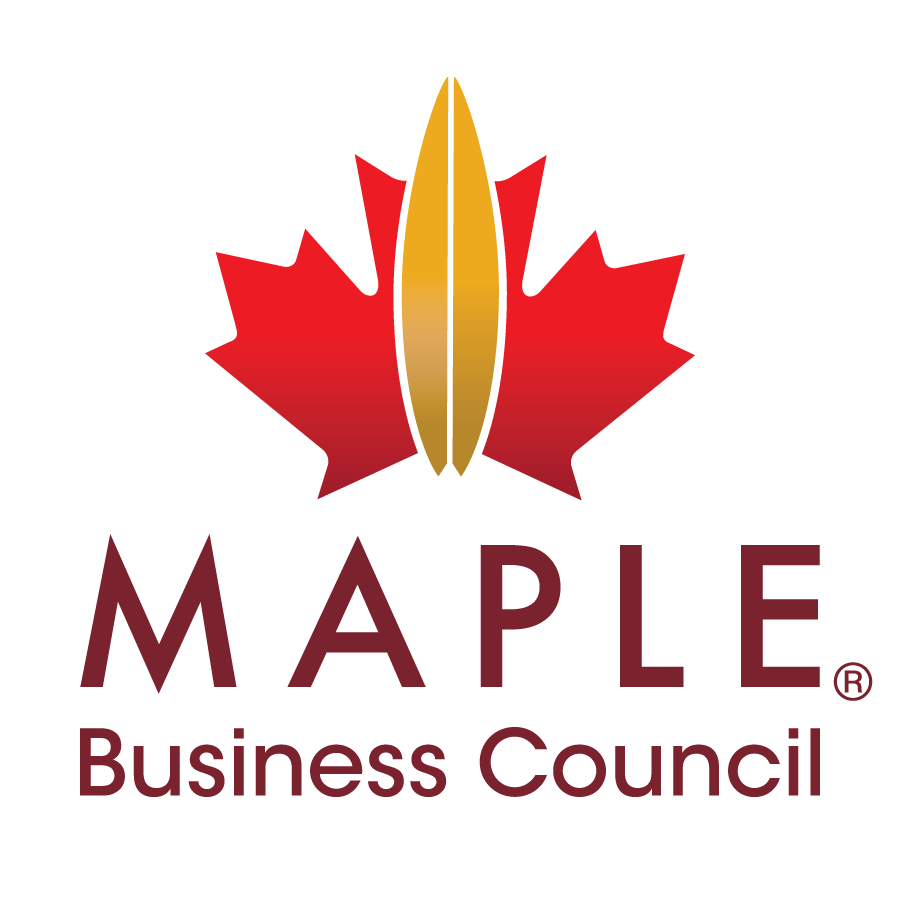As cryptocurrencies gain traction toward mainstream adoption and acceptance, companies in the crypto ecosystem must balance an influx of revenue and fast growth with the challenges of building a financial infrastructure capable of supporting their changing needs. Whether they’re a cryptocurrency exchange, a company funded through an initial coin offering (ICO), a platform or technology provider―or any combination of those categories―firms need processes and tools to help them address technological, marketplace and regulatory uncertainty amid rapidly changing token and company valuations.

